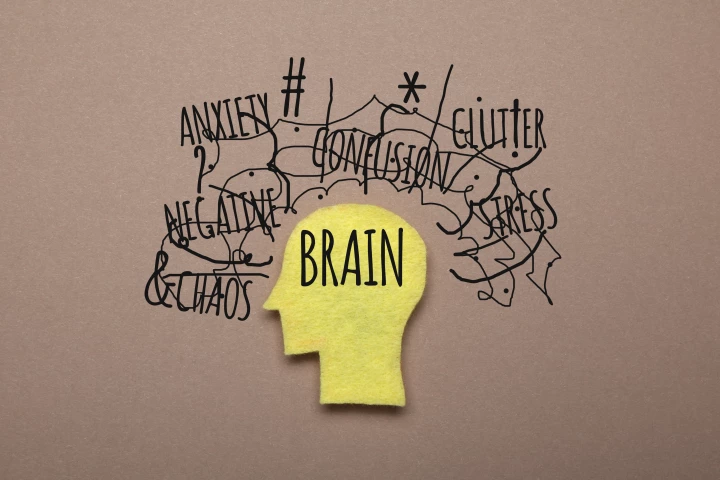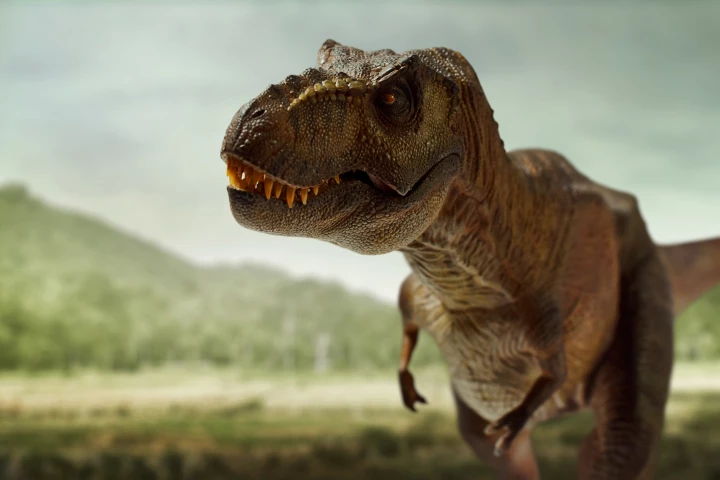University of Southampton
-
The first-of-a-kind brain-stimulation device approved to treat attention-deficit/hyperactivity disorder in the US has had its efficacy questioned, with scientists believing that its Food and Drug Administration approval was based on poor science.
-
For the first time, a new study demonstrates that insomnia severity directly impacts ADHD traits and quality of life in adults. It calls for more attention to be paid to how treating sleep disorders can greatly improve wellbeing for people with ADHD.
-
Dark matter is thought to outnumber regular matter by a factor of five to one – so why can’t we find the stuff? A new study proposes looking for it from space, using a satellite containing a levitating piece of graphite and a laser.
-
Scientists have stored the entire human genome on a five-dimensional crystal capable of storing up to 360 terabytes of information and is built to survive for billions of years. The tech could be used to create an enduring record of human, animal, and plant genomes.
-
While we don't like to talk ill of the dead, new analysis has called into question the intelligence of the king of the dinosaurs. It upends last year's findings that likened the cognitive skills of the Tyrannosaurus rex to that of a primate.
-
The weak gravitational pull on a particle just half the mass of a grain of sand has been measured for the first time. This most precise measurement of its kind is a breakthrough towards the quantum realm and a potential Theory of Everything.
-
The "microbiome" is the population of microbes found in every organism. Scientists have now genetically altered that population in rice plants, making them more resistant to harmful bacteria. The technology could reduce the need for pesticides.
-
If an enemy you were previously safe from turned up in your neighborhood, what would you do? That's a problem currently being faced by barnacles in northern Mexico, which are growing sideways to thwart invasive predatory snails.
-
By deploying cutting-edge lasers, scientists at the University of Southampton have achieved a 5D optical data storage breakthrough that offers both incredible density and long-term archiving capabilities.
-
Through a world-first trial, scientists in the UK have demonstrated the potential of a new vaccine for a life-threatening form of meningitis, and one that can be delivered via nose drops to result in long-lasting protection.
-
The 2019 North American outbreak of E. coli contamination in romaine lettuce doubtless got many people thinking about how to most effectively wash their leafy veggies. Well, a new study suggests that using ultrasonic water may be the best way to go.
-
Some animals sustain grave injuries and may struggle to return to full health, while others possess a remarkable ability to regenerate damaged tissue. A new study suggests whale sharks may have more in common with the latter group than previously thought.
Load More











